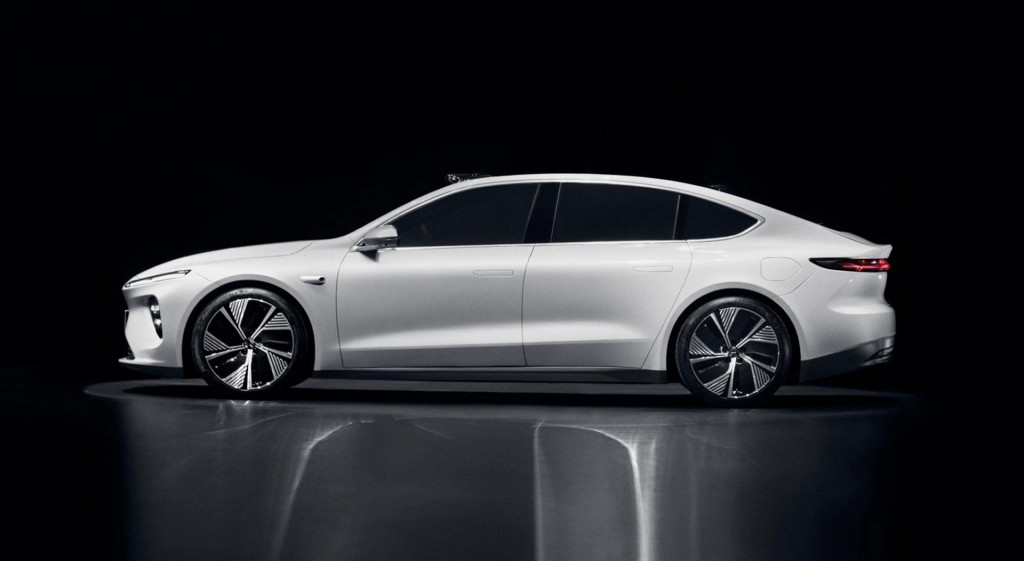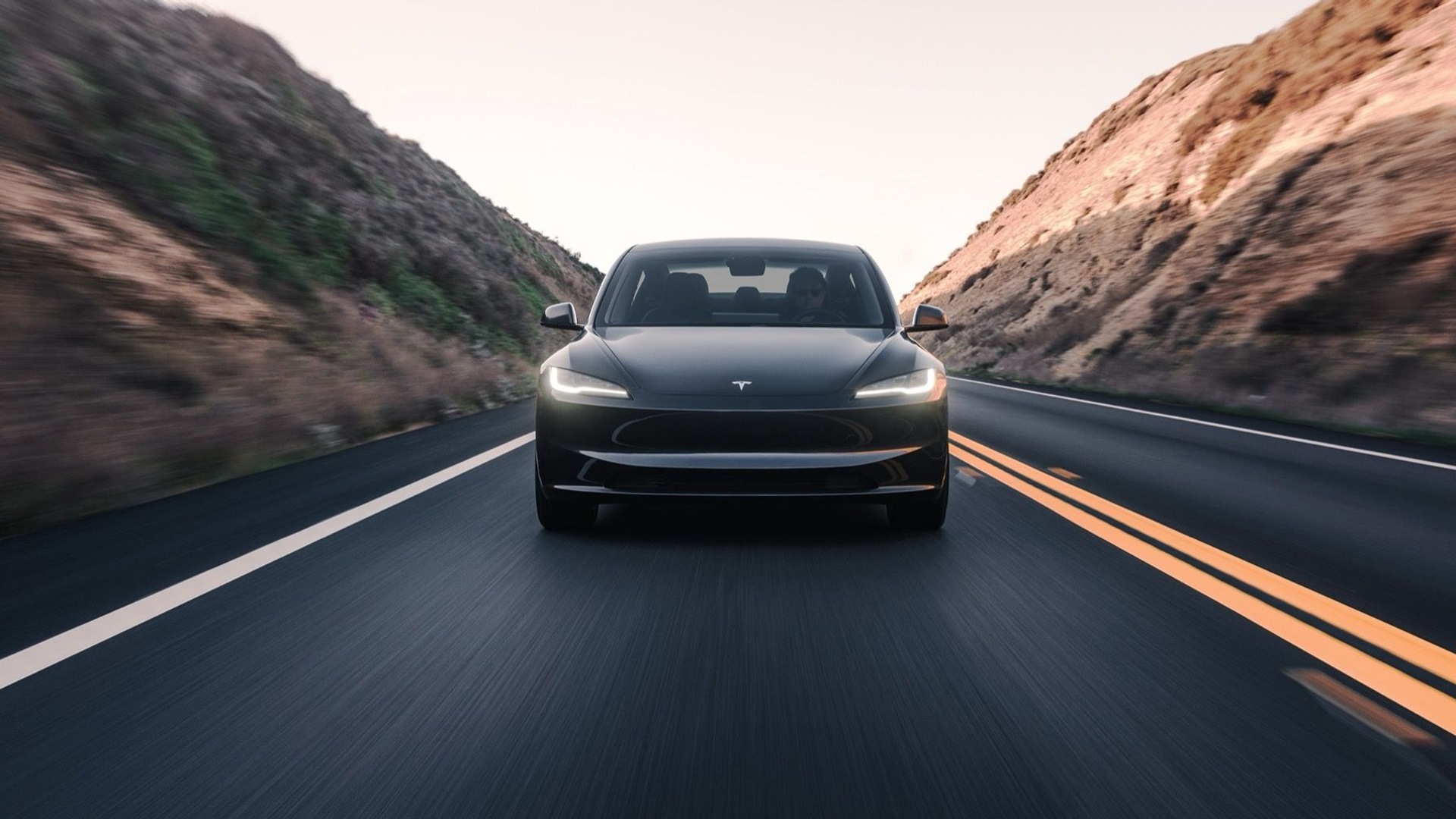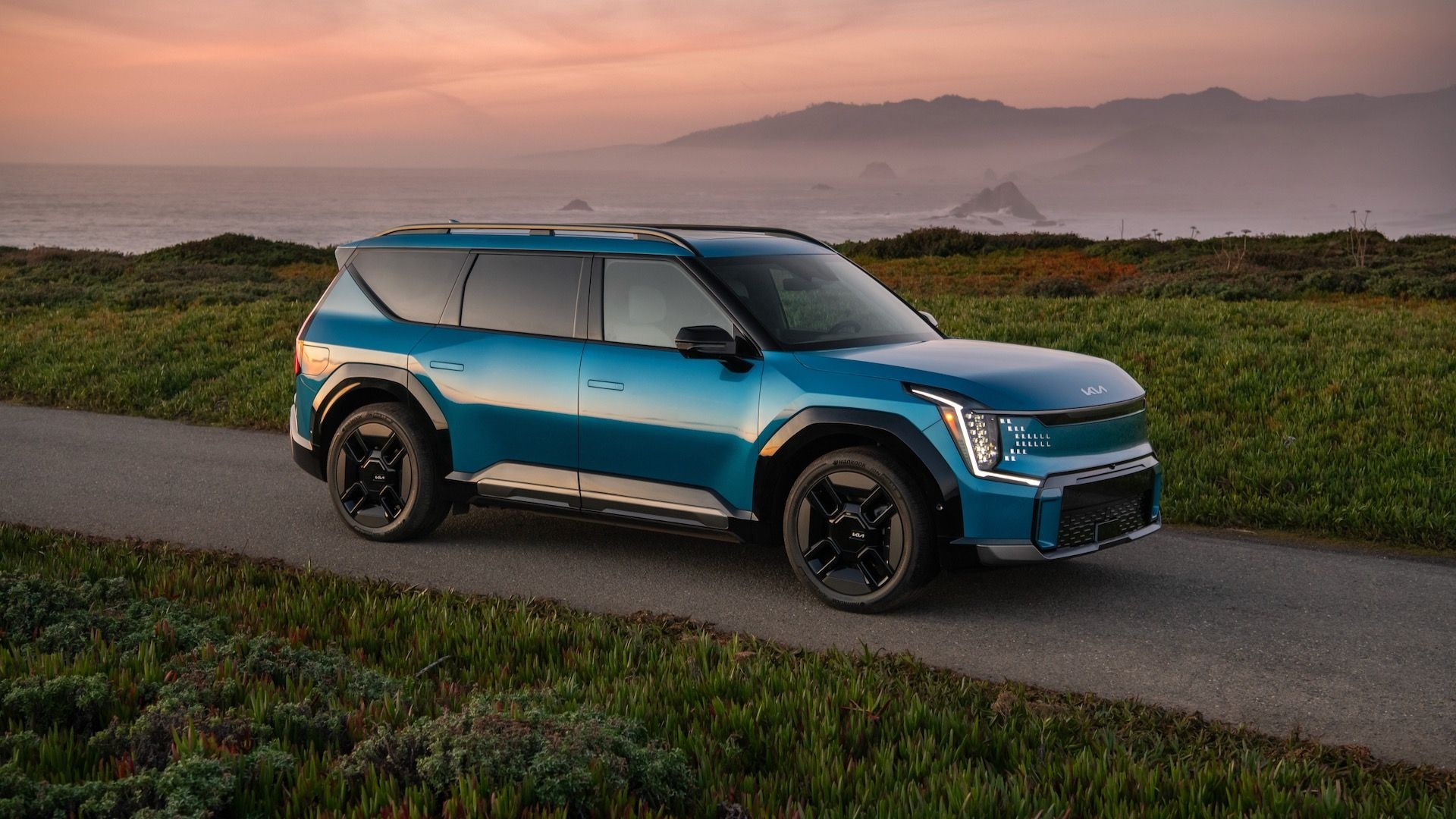Chinese automaker Nio is the only company to achieve any real success with battery swapping, and it has no plans to stop anytime soon, according to a recent Reuters report.
Nio plans to have 4,000 battery-swapping stations globally by 2025, according to the brief report, which quoted Nio president Qin Lihong. The company also plans to have 700 swapping stations in operation by the end of the year.
The quickness of battery swapping makes it potentially helpful for early EV adoption, but this underscores that Nio sees it as part of a long-term strategy, even as public charging networks—including its own subsidized charging—continue to expand.
Nio said it completed its 500,000th battery swap in China last year. The automaker recently picked Norway as its first market after China—and it's including battery swapping.

2022 Nio ET7
This progress contrasts the failures of previous battery-swapping efforts. Better Place was a well-funded startup that attempted battery swapping in Israel 10 years ago, but quickly crumbled under cost and logistics issues. After a short period of hype, Tesla quietly abandoned its battery-swapping system, and some claimed it was only in it for the zero-emission vehicle credits earned from the project.
In the United States, a massive number of chargers will be required to support EV targets. Although a battery swap has a potentially quicker turnaround, the cost of installing a few hundred in the state—if Nio does come to the U.S.—might not make a tremendous difference.
Nio isn't the only one seeing battery swapping as part of a model that could get others—like apartment dwellers, or taxi fleets—past some logistical hurdles.
Renault's CEO recently said that there was a "potential upside" in battery swapping, and the California startup Ample is aiming to revive larger-scale battery swapping with a series of vehicle adapters.












